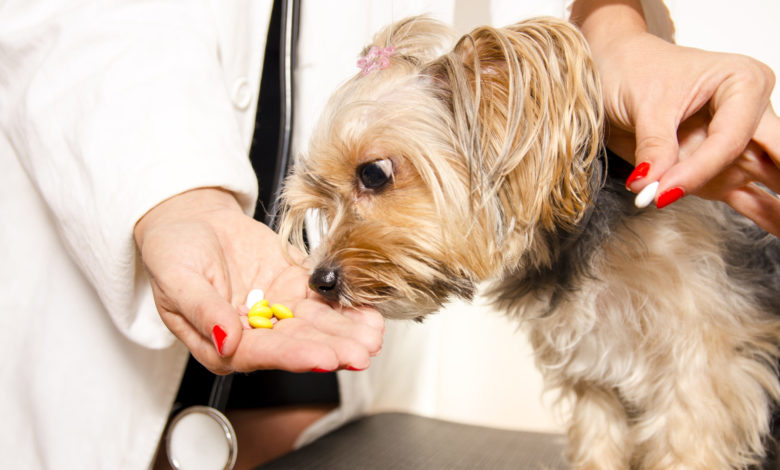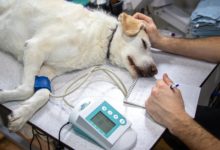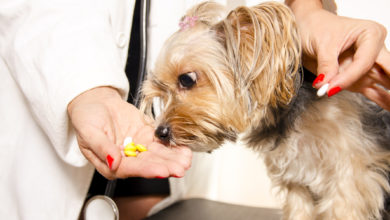BVA brands CMA proposals ‘disproportionate’ and ‘unworkable’
The working paper outlines a draft package of potential measures as part of its investigation into the UK veterinary services market for household pets

The British Veterinary Association (BVA) has called the Competition and Markets Authority’s (CMA) potential remedies working paper “disproportionate and in some cases unworkable”.
The trade body has raised “serious concerns” that the remedies are disproportionate to the issues they seek to address and will unfairly impact smaller independent practices.
It claims that the package of remedies is too extensive and is an entirely disproportionate response to the CMA’s identified concerns.
These concerns are raised in its consultation response submitted jointly with the British Small Animal Veterinary Association (BSAVA), the British Veterinary Nursing Association (BVNA), the Society of Practising Veterinary Surgeons (SPVS) and the Veterinary Management Group (VMG).
It believes that many of the potential remedies in the paper would require new technology solutions which would likely disproportionately impact smaller independent businesses, with costs passed onto clients.
The BVA stated that whilst this investigation is only targeting vet services for household pets, the proposed remedies would still impact mixed practices that care for both companion animals and larger species.
The working paper outlines a draft package of potential measures as part of its investigation into the UK veterinary services market for household pets.
The trade body said that it supported the development of standardised price lists, with flexibility for practices to tailor them to services most relevant to their clients.
However, it claims the approach proposed is too complex and would be unworkable, particularly for chronic conditions. Also, it believes practices should not be required to provide a level of detail which is overly burdensome and does not bring increased clarity for clients.
It also does not support the establishment of a veterinary ombudsman, as this “could cause harm to clients by extending complaints processes far beyond what is reasonable”.
Dr. Elizabeth Mullineaux, BVA president, said: “Given where this investigation started, it’s clear from many of these potential remedies that the Competition and Markets Authority has listened and has worked hard to understand the complexities of the veterinary landscape and how clinical services are delivered.
“It has rightly acknowledged the dedication of vet teams to the animals under their care and is now backing long overdue reform of the Veterinary Surgeons Act, including the need for practice regulation.”
She added: “However, we have serious concerns that the proposed remedies are completely disproportionate, and in some cases simply unworkable. If all the measures were implemented at the same time, the sheer volume and complexity would place an unacceptable burden on vet practices and could jeopardise the viability of many businesses, particularly smaller independent practices.
“This could have the unintentional consequence of reducing consumer choice and potentially increasing vet fees, which could in turn negatively impact animal health and welfare – precisely the opposite of what the CMA is trying to achieve.”













